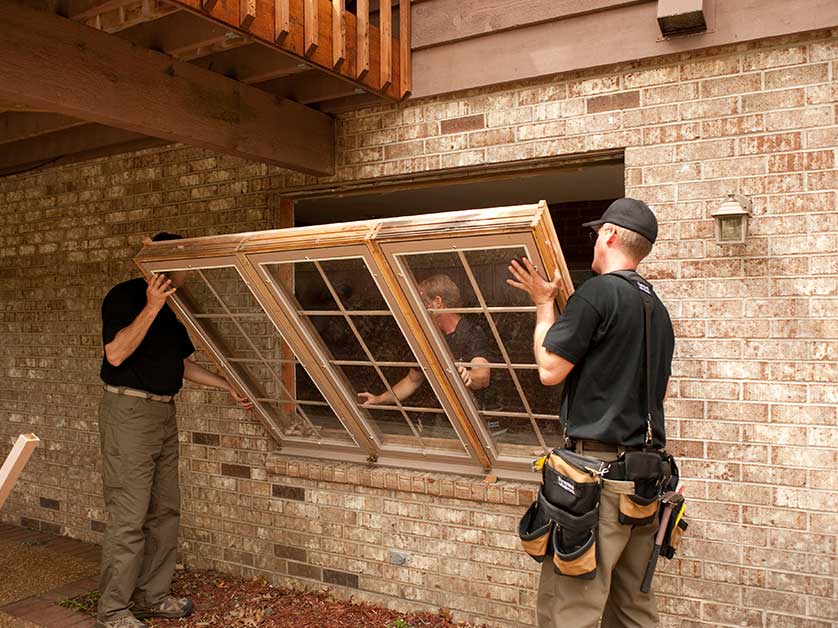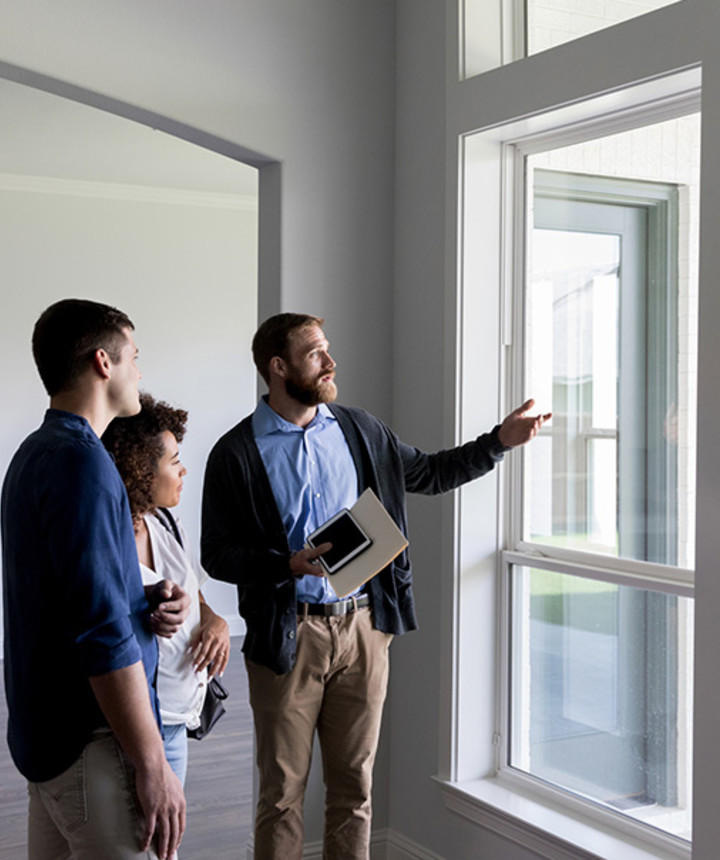Upgrade Your Home With Energy-Efficient Window Substitutes
In the realm of home renovation, the choice to update to energy-efficient window replacements can dramatically influence both the performance and visual appeals of a home. Beyond the surface area level of mere aesthetics, energy-efficient home windows provide a wide range of benefits that go past plain curb charm.
Advantages of Energy-Efficient Windows

The installation of energy-efficient windows gives substantial cost savings on energy bills while enhancing ecological sustainability. In addition, energy-efficient home windows can help control dampness levels within the home, decreasing the danger of mold and mildew and mildew growth.
Beyond the monetary benefits, energy-efficient home windows contribute to environmental sustainability by lowering carbon discharges related to energy production. By reducing energy use, these home windows help reduce the environmental effect of home heating, air conditioning, and lights property areas. This decrease in energy consumption plays a critical role in combating climate change and promoting a greener future for generations to come. Generally, buying energy-efficient windows not only enhances the convenience and performance of a home yet additionally aligns with ecologically aware practices.
Kinds Of Energy-Efficient Glass
Different sophisticated kinds of energy-efficient glass offer distinct residential properties that accommodate various requirements and choices in enhancing the sustainability and performance of structures. Low-emissivity (Low-E) glass is a popular option designed to decrease the quantity of ultraviolet and infrared light that can travel through the glass, consequently minimizing heat transfer. This type of glass helps keep a regular indoor temperature, decreasing the requirement for home heating or cooling systems, and inevitably decreasing power expenses. One more cutting-edge choice is spectrally careful glass, which enables noticeable light to travel through while obstructing specific kinds of infrared radiation. This aids in keeping a comfy indoor setting while decreasing warm gain. Triple-pane glass, including 3 layers of glass with insulating gas in between them, gives boosted thermal insulation, making it highly energy-efficient. In addition, self-cleaning glass with a special finish that breaks down and loosens dirt when exposed to sunshine can decrease maintenance demands and keep windows looking clean. Each sort of energy-efficient glass offers distinctive benefits, allowing homeowners to pick the most ideal alternative based upon their particular requirements and objectives.
Aspects to Consider When Selecting
When contemplating energy-efficient home window substitutes, it is vital to meticulously evaluate specific variables that straighten with your sustainability objectives and wanted energy cost savings. The U-factor actions how well the home window shields, with lower numbers showing much better insulation, while the SHGC suggests the window's capacity to block heat from sunshine. By meticulously examining these aspects, you can choose energy-efficient home windows that improve comfort, decrease energy costs, and benefit the setting.
Installment and Maintenance Tips

Regular maintenance is key to protecting the performance of your energy-efficient windows. Check the weather-stripping and seals for any spaces or rips and change them if needed to preserve the windows' energy efficiency. window replacement.
Furthermore, lube relocating components such as locks and hinges to ensure smooth operation. By complying with these setup and maintenance pointers, you can improve the energy performance of your home and prolong the life expectancy of your energy-efficient windows.
Cost-Benefit Analysis of Updating

Energy-efficient windows are developed to lessen warm transfer, lowering the requirement for heating and cooling systems to burn the midnight oil. This can lead to considerable savings on power bills, particularly in areas with severe temperatures. In addition, energy-efficient windows can improve the total worth of your home, making it much more appealing to possible customers if you determine to sell in the future.
When computing the cost-benefit analysis, consider the potential savings on energy bills, any kind of available rewards or rebates, and the life-span of the windows. While the preliminary price might be greater, the long-lasting cost savings and advantages of energy-efficient home windows make them a smart financial investment for homeowners seeking to enhance their property's energy performance and worth.

Final Thought
Finally, updating to energy-efficient home window substitutes uses various advantages such as minimized power usage, boosted convenience, and price savings. By choosing the appropriate kind of energy-efficient glass and considering factors like framework material and installation, home owners can make the most of the efficiency of their windows. Routine maintenance and proper installation are necessary for long-term performance. On the whole, the cost-benefit evaluation of upgrading to energy-efficient windows shows that the initial investment can cause significant cost savings over time.
When contemplating energy-efficient window substitutes, it is crucial to carefully examine details factors that line up with your sustainability purposes and desired energy cost savings. The U-factor actions exactly how well the window insulates, with reduced numbers indicating better insulation, while the SHGC indicates the window's ability to obstruct warm from sunshine. By very carefully assessing these aspects, you can select energy-efficient windows that boost convenience, decrease energy expenses, and profit the atmosphere.
While energy-efficient windows may have a greater upfront expense contrasted to standard home windows, the long-term benefits usually exceed the first investment.In final thought, upgrading to energy-efficient window substitutes offers many advantages such as minimized energy usage, increased convenience, and cost financial savings.